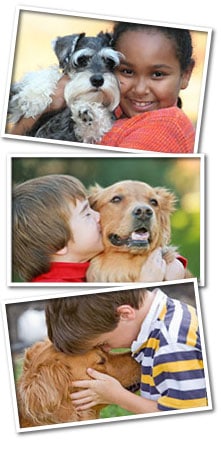Provide a safe and clean living space for your dog. Shelter from the elements and hazards, as well as good hygiene, are basic to a good life.
Always keep fresh water. Keeping hydrated is important for health and energy.
Feed a Balanced diet. Overweight animals can affect health in many ways. Follow the dietary recommendations that your veterinarian will make according to the nutritional needs of your dog, based on size, age, level of activity and breed
Have your pet examined regularly. Your veterinarian will provide you with the information on vaccination schedules, deworming and external parasite control. Contact your veterinarian if you believe that your pet may be ill, injured, or if something just doesn’t seem right.
Provide plenty of chances to exercise. Make sure your dog gets the regular exercise needed to enable it to be fit. By being in shape, your dog will be more capable of participating in the activities that it enjoys.
Train your dog to follow commands. Puppy and dog training classes can be very helpful. The better your dog is at following basic commands, the greater the chances are that your dog will live a safe and long life.
Dental care is important. Many dogs are predisposed to to gum disease, which can have serious effects. Infection resulting from this condition leads to premature tooth loss, and can commonly cause infections in major organs, including the heart valves.
Don’t overlook grooming and nail trimming. Long hair dogs are prone to developing hair matts and ice balls in their hair. Overgrown nails are common in elderly dogs and can make it more difficult for them to walk.

